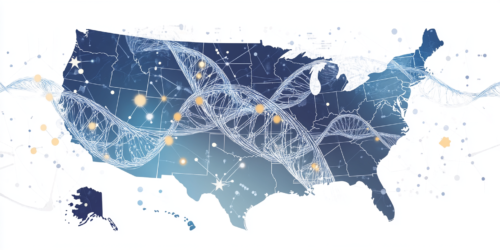by Dennis Crouch
In an interesting decision affecting one of the most high-profile patent disputes in biotechnology, the Federal Circuit has partially vacated and remanded a PTAB decision that awarded priority of invention for CRISPR-Cas9 technology in eukaryotic cells to scientists at the Broad Institute. Regents of the University of California v. Broad Institute, Inc., Nos. 2022-1594, 2022-1653 (Fed. Cir. May 12, 2025). The court determined that the PTAB applied an incorrect legal standard for "conception," a fundamental concept in patent law's priority determination under the pre-America Invents Act first-to-invent system.
Understanding Conception Under Patent Law: The court reiterated the classic definition of conception as "the formation in the mind of the inventor, of a definite and permanent idea of the complete and operative invention, as it is hereafter to be applied in practice." Burroughs Wellcome Co. v. Barr Lab'ys, Inc., 40 F.3d 1223, 1228 (Fed. Cir. 1994). The court emphasized that "conception is complete only when the idea is so clearly defined in the inventor's mind that only ordinary skill would be necessary to reduce the invention to practice, without extensive research or experimentation."
However, conception is not complete invention -- something that also requires construction to practice, either actual or constructive. Notably, it is the process of reduction to practice that truly shows that the invention works. Backtracking, this means that for conception "an inventor need not know that his invention will work for conception to be complete."
To continue reading, become a Patently-O member. Already a member? Simply log in to access the full post.
